The Transformation of Brands in a Changing World
We sat down with Deniz Bulutsuz, PART MAG’s Content and Projects Director, to discuss the transformation of brands in the face of global challenges and how we can navigate this unprecedented period.
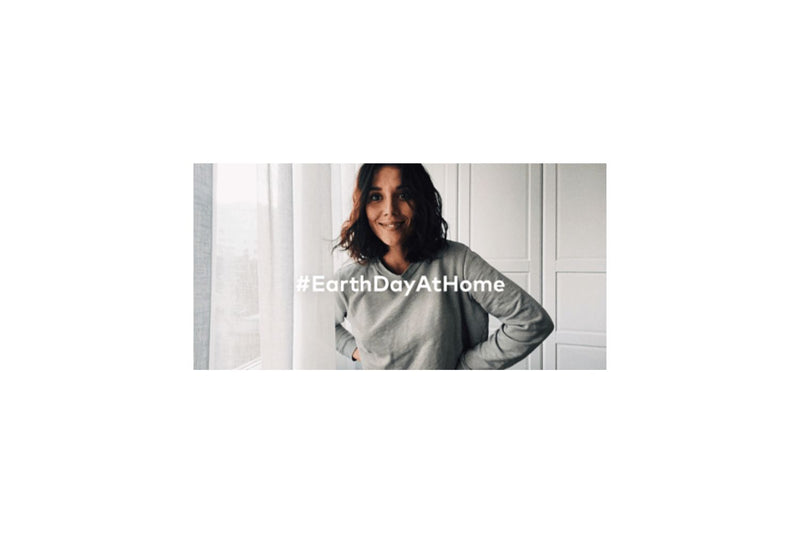
We’re at a point where the days blur together, we’ve exhausted recipe ideas, and we’ve worked through multiple rounds of Netflix recommendations. Over two months have passed since the World Health Organization declared COVID-19 a pandemic, first reported in Wuhan on December 31, 2019, and officially named on February 11. The global effects of this outbreak have hit every sector imaginable in the harshest way, and the fallout continues. Workforce productivity has plummeted, and creativity feels stifled as we grapple with economic turmoil comparable to the struggles of the World Wars.
In such a hyper-digital world, there’s no shortage of theories about the cause, process, and outcomes of the pandemic. Some see it as a deliberate act to cool down an overheated, over-consuming world, while others call it a geopolitical game by major powers. Regardless of these speculations, millions witnessed the world slow down within the first few weeks of the pandemic.

As people stayed home, harmful emissions decreased, Venice’s canals became cleaner, the ozone layer started healing, and endangered animals were seen wandering city streets, documented on YouTube. Amid the gloom, the silver linings cannot be ignored, as underscored by scientists.
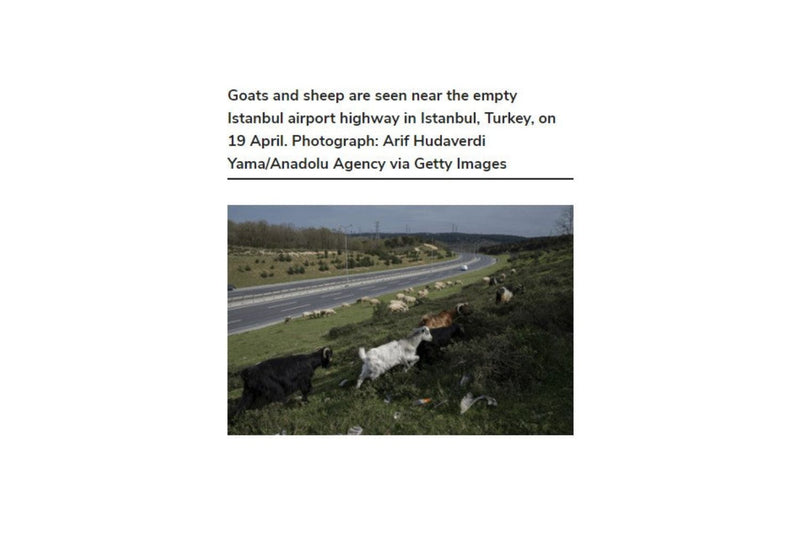
Initially paralyzed by uncertainty, brands have now found their voice, purpose, and projects to move forward. For those of us in publishing, fashion, and entertainment, this period could either be a daunting challenge or an opportunity to push the limits of creativity. Across industries, the response to the virus’s disruptions has been marked by solidarity, resilience, and innovation.
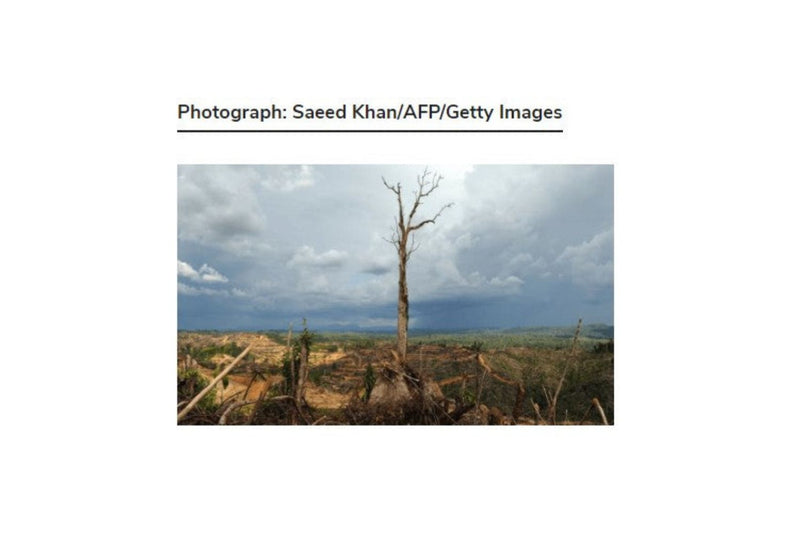
Major corporations have made multi-million-dollar donations, vocational schools are producing ventilators for hospitals, and designers are creating personal protective equipment (PPE) and masks. Vogue launched its first global dialogue series, Vogue Global Network. The four-day discussions, hosted on Zoom, featured global figures like Anna Wintour, Marc Jacobs, Olivier Rousteing, and Virgil Abloh. Topics ranged from the impact of isolation on creativity and design to the future of retail and e-commerce, all underscored by the recurring theme of sustainability.
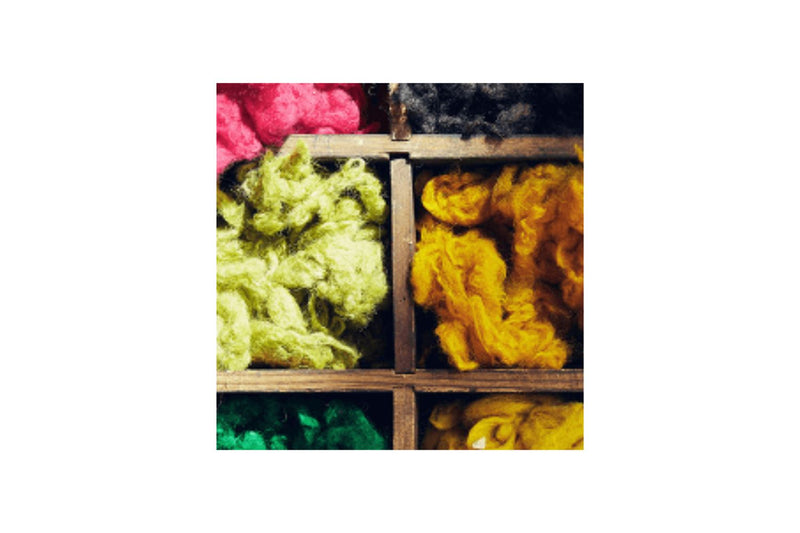
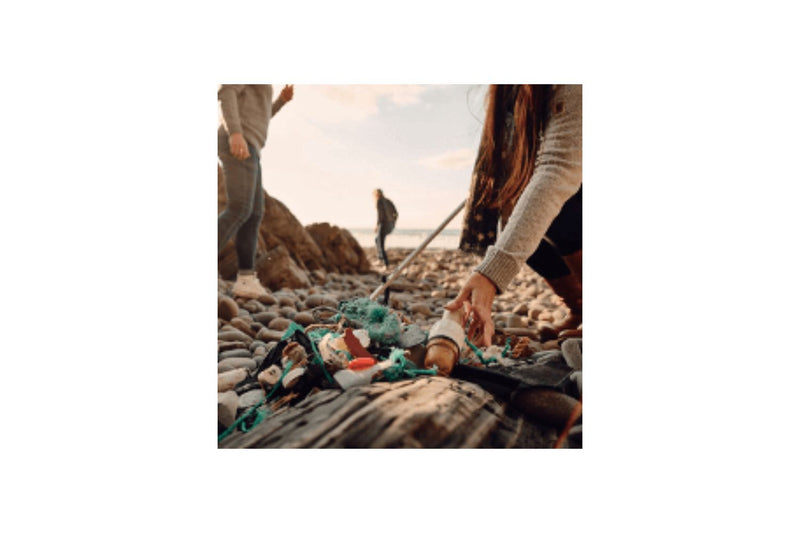
In a twist of fate, this exchange of ideas took place just a week before World Earth Day on April 22. Established to celebrate the planet’s beauty and raise awareness about environmental threats, Earth Day resonates deeply with the current challenges and responses we’re witnessing. Sustainability has been a long-standing topic of discussion in urban planning, architecture, fashion, gastronomy, and technology. With COVID-19, its importance has skyrocketed.
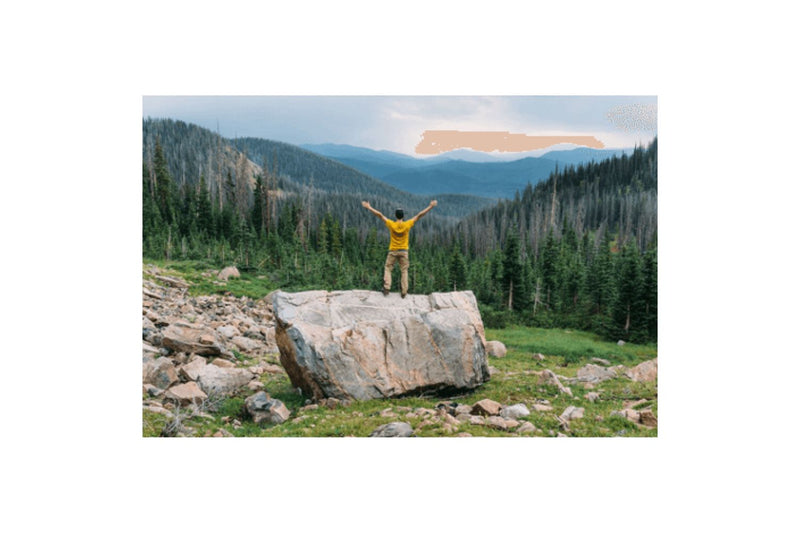
However, it’s important not to overlook how sustainability—despite being a key consideration for both global corporations with thousands of employees and small boutique businesses operating from home—has often fallen victim to the rushed and poorly thought-out responses to the pandemic. One glaring example is the production of tens of thousands of masks and gowns intended to meet "urgent needs," many of which became waste during transit without ever reaching those who needed them. Another striking issue is the surprising number of brands leveraging “COVID-19 discounts” as a marketing strategy. It raises a crucial question: are those trying to turn the crisis into an opportunity or rushing to claim they’ve provided the “biggest and fastest help in a time of crisis” doing more harm than good? This is a question everyone, at every level, should take a moment to reflect on during this period.
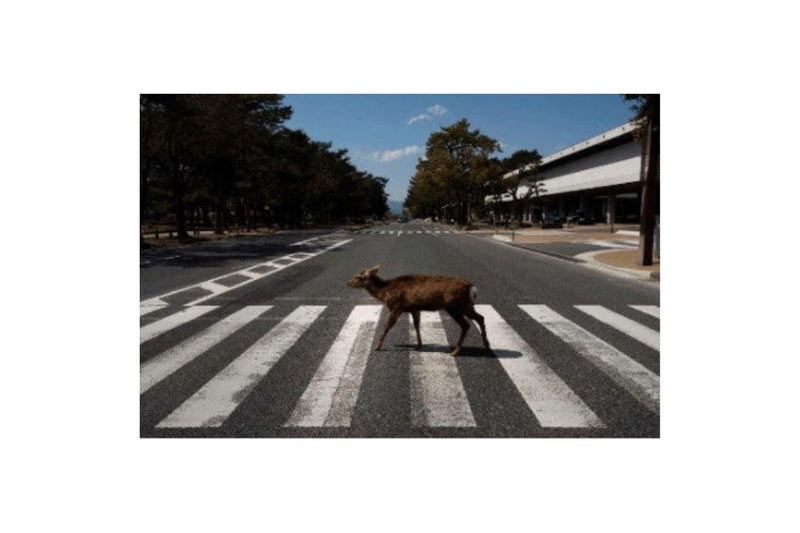
There’s no doubt that a conscious and sustainable production-consumption chain will be more crucial than ever during and after this period. Whether as individuals or organizations, how creatively, resourcefully, and positively we navigate this time will play a key role in shaping our image and success in the future. So, what should we be doing at home? If you ask me, it’s a great time to research, observe, and use this downtime to dream up and plan for better projects.
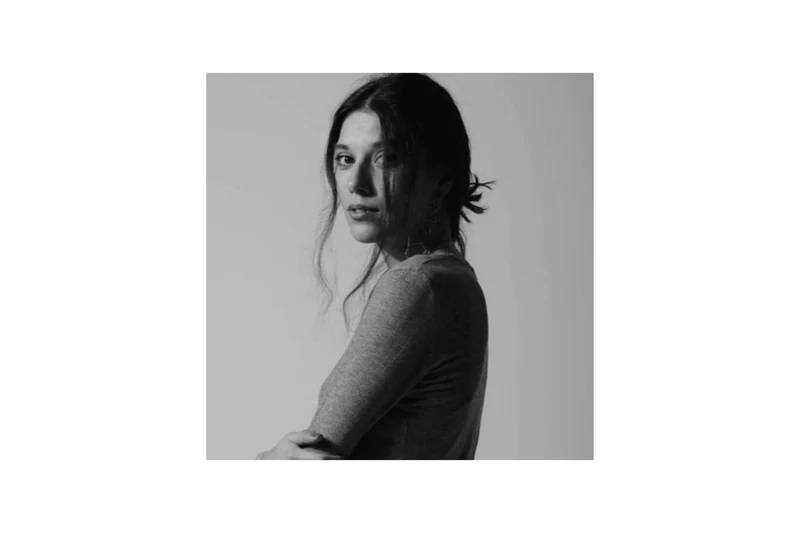
Deniz Bulutsuz
Content and Projects Director at PART MAG
By the way, since we’re on the topic of Earth Day, here’s a video you can watch to help plant a tree:
https://www.youtube.com/watch?v=_nDUxCVcZpo